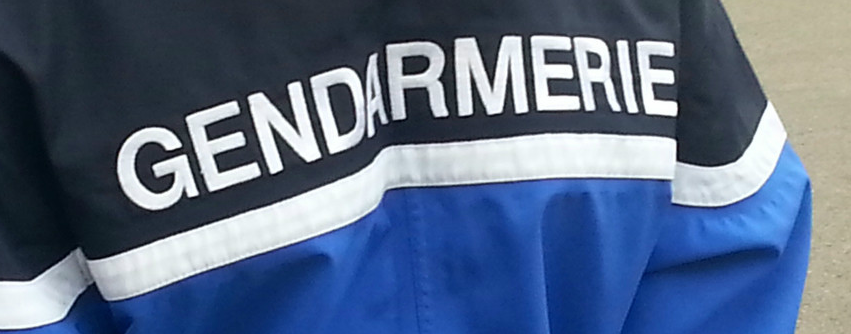It describes the problems in detail, already well known to all those who serve in the police and gendarmerie, where escalating violence and chronic underfunding are the order of the day.
The Senate report was released last week, warning that France’s security services are at crisis point. It has called on the presidency to act quickly. “We are on the verge of implosion,” warned one of the authors.
Two French senators sounded the alarm – warning of a “crisis”, a “general malaise” and a “loss of meaning” – in a report submitted to the Senate on July 3. The survey painted a particularly bleak picture of the state of law enforcement and called on the government to take urgent action.
Police officers “are at the breaking point”, Senator François Grosdidier told FRANCE 24. Grosdidier and Senator Michel Boutant have submitted 32 proposals for consideration ahead of the government’s budget that could cap security spending for the next several years.
In response to the crisis, Grosdidier told the media that security forces “are on the verge of implosion”.
He said police and the gendarmerie have never been in such a dire state. “First of all, there is a terrible lack of investment in equipment. Police buildings are old and often substandard. The average age of the gendarmerie’s vehicles is eight years and almost seven for the police, whereas this should be the maximum age for a law enforcement vehicle.
“Our security forces also lack basic supplies and technology. As for human resources, while there are no chronic understaffing issues like can be seen in neighbouring countries, two-thirds of the police and gendarmes’ working hours are devoted to judicial proceedings.”
The most worrying issue is that the police suicide rate is 36 percent higher than the national average.
“Very clearly. We are running the risk of seeing the security services becoming inoperable. Many of them are at the breaking point.
“The police are being forced to operate with fewer resources in the face of ever more violent threats – demonstrations that are more and more difficult to manage, with the emergence of the Black Blocs [fringe groups known as “les casseurs” who incite violence at protests] and a growing anti-police hostility among the citizenry.”
In addition to the current funding problems there is the constant terrorist threat, with members of the police continuously targeted. The Magnanville fatal stabbing in June 2016 of a couple, Jean-Baptiste Salvaing and Jessica Schneider, who were both police officers, was claimed by the Islamic State group. It has sparked real fear that members of the police will be vulnerable in their private capacity too.
“Police today are looking for recognition and meaning. When they take significant risks and then find that the response is nil or inadequate in their eyes, it discourages them. At many other government agencies, officials would have just walked away.
“A large majority of them still have a strong will to serve the citizens because it is a calling. But some have finally let go, by either resigning or ending their lives.”
The number of suicides in the police force have remained high even though risk-prevention measures have been put in place and new orders have been given to administration officials to deal with staff.
The numbers would probably have been even more catastrophic without these initiatives, Grosdidier believes.
The report of the commission of inquiry, which is based on a great many hearings, field trips and reports of inspections of the Ministry of the Interior stated that it was urgent to restore the confidence of the agents, also by profound organisational reforms.
Better physical and legal protection for the agents, greater cohesion between the different bodies and the different levels of responsibility within the administrations or a simplification of the criminal procedure: these are some of the imperatives highlighted by the report.
Eight members of the police ended their lives in one week, last year. Before November 2017, 45 police officers and 16 gendarmes killed themselves, according to a count by the Ministry of the Interior and the AFP for the same year.
















